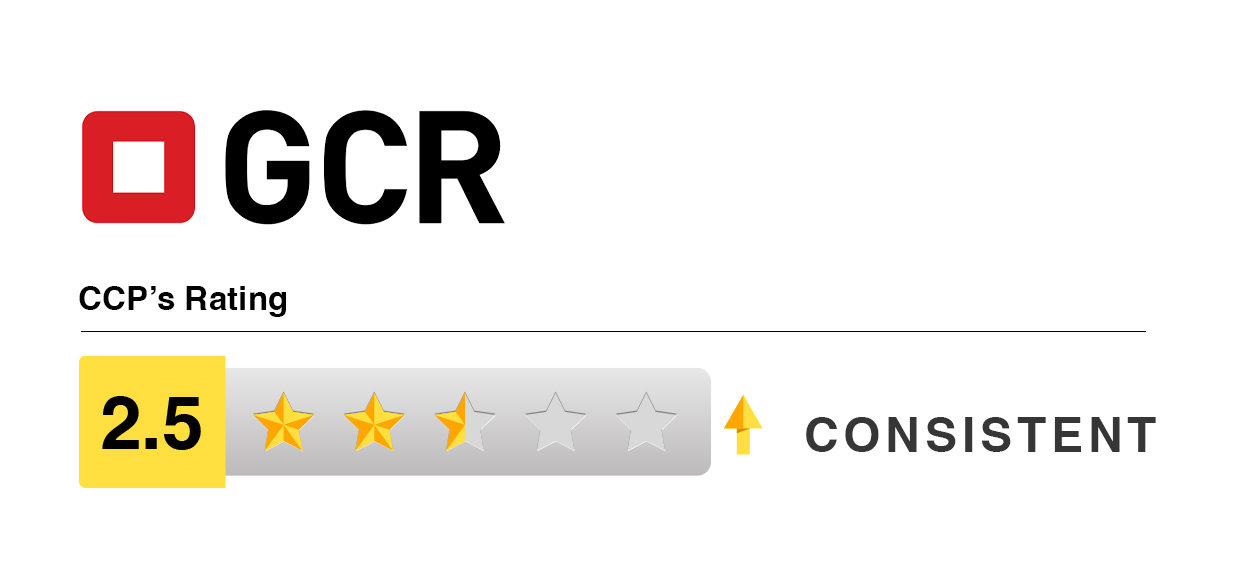2012 was an eventful and an accomplished year; both in terms of making progress in enforcement as well as in terms of consolidating our outreach through effective advocacy along side, efficiently managing to achieve office expansion.
The media termed the first leniency decision as a ‘phenomenal achievement’ and a ‘regulatory breakthrough’ . In another case, CCP’s decision received salutary headlines . This involved a consortium of 11 major banks providing platform to several member banks; all penalized with PKR 770 million fine, for the concerted practice of charging a uniform rate vis-à-vis the ATM charges. Another distinct case involving divisions of markets and equal allocation of customers by Gulf Co-operation Council (GCC) Approved Medical Centers was concluded by imposing a fine of PKR 450 million on the complaint filed by Pakistan Overseas Employment Promoters Associations. Also, the Commission, for the first time despite its compliance oriented approach in matters relating to Section 10 of the Act, imposed PKR 4.5 million - a considerably higher penalty for deceptive marketing and unauthorized use of the DHL trademark.
Not only CCP was seen in action while enforcing the law, its various policy notes to the Government and regulatory bodies generated dialogue and debate in the media, reflecting the growing realization and recognition of CCP’s emerging role. Taking tough and principled position has raised CCP’s profile as it demonstrated resilience and independence in advocating and promoting free competition. This includes, resisting formation of International Clearing House (ICH) in the form of cartel through quota/price fixing amongst the 14 Long Distance International Operators (LDIs) with the support of Ministry of Information Technology (MoIT) and Pakistan Telecommunication Authority (PTA). Notwithstanding the presence of a sector specific regulator, even the superior courts prima facie recognized CCP’s jurisdiction vis-à-vis competition aspects.
Another policy note issued to the Federal Board of Revenue and the Tariff Commission, eventually resulted in slashing down of the tariff structure; facilitating elimination of discriminatory classification of duty structure. CCP also recommended Government of Punjab to lift the ban on establishment of new sugar mills and expansion of existing ones, which was in force since 2006.
CCP’s persuasive advocacy also led to the establishment of the much awaited Competition Appellate Tribunal that may allow expeditious and effective disposal of cases.
The most recent advocacy initiative of CCP in formalizing and introducing an academic course regarding competition law at premier academic institutions will go a long way to the strengthening of the competition regime in Pakistan.
CCP also actively contributed in the International Competition Fora. CCP has for last 5 years provided resource persons for the OECD Global Forum on Competition, ICN’s annual conference and workshops and is the only competition agency which is an active member of UNCTAD’s research partnership platform3.
Notwithstanding the given fiscal constraints, with no increase in budget for last 3 years and in the given social milieu and challenging political and economic times, CCP’s performance is not only reflective of its proactive approach but also its undeterred commitment to pursue its mandate - without fear or favor.


